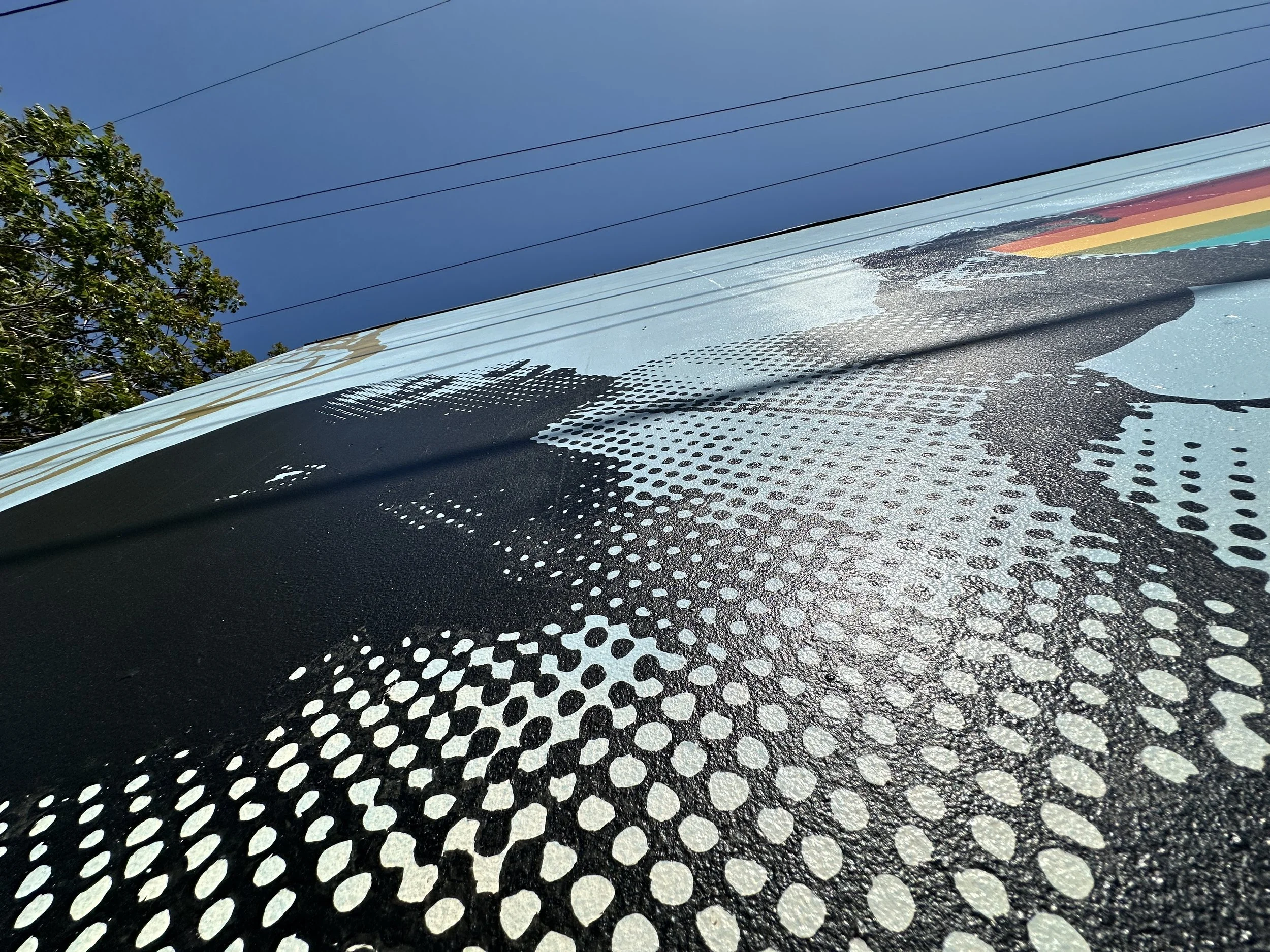“What If Therapy Isn’t About Having the Answers?" Leaning into Uncertainty, Following Curiosity, and Finding a New Way Forward
We’re taught from an early age to seek answers. Solve the problem. Get it right. And by the time we reach adulthood, many of us are pretty good at it. We learn to push through, cope, or keep things moving. But what happens when that approach stops working?
What happens when the questions feel bigger than the answers?
Questions like:
“Why do I keep ending up in the same kind of relationship?”
“What if I’m not who people think I am?”
“Why can’t I just get motivated?”
“What’s wrong with me?”
If you’re here reading this, chances are you’ve wrestled with some version of these thoughts. Maybe you’re considering therapy for the first time. Or maybe you’ve tried before and it didn’t quite click. Whatever brings you here, I want to offer something different—something rooted not in fixing, but in exploring.
Therapy as a Space for Wonder, Not Just Worry
One of the most underrated words in healing work is curiosity. In a world obsessed with certainty, being curious can feel strange—even uncomfortable. But it’s also powerful.
Curiosity allows us to pause. To notice without judgment. To ask, “What’s really going on here?” instead of jumping straight to self-blame or solutions. And in therapy, that kind of question can open doors.
I don’t believe therapy is just about symptom reduction or “getting better” in a linear way. I see it as a collaboration—a creative, evolving process where we listen closely to what your mind, body, and history are trying to say. It’s not about labeling what’s wrong with you. It’s about helping you reconnect with your own sense of meaning, rhythm, and possibility.
Uncertainty Isn’t the Enemy
Uncertainty often brings people into therapy. You might feel stuck, overwhelmed, lost, or unsure about what comes next. That makes sense. These are disorienting times, and many of us are carrying far more than we’ve ever been taught how to hold.
But here's a shift I invite clients to consider: What if uncertainty isn’t a sign of failure, but a doorway?
Uncertainty doesn’t mean you’re broken. It might just mean you’re on the edge of something new. Something important. It might be your inner compass saying, This way isn’t working anymore. Let’s try something else.
In our work together, we can slow down enough to hear that voice. To ask: What is this discomfort trying to teach me? What if it’s not a flaw, but a flare guiding you toward something that matters?
My Approach: Real, Collaborative, Creative
My background is rooted in trauma-informed care, but I don’t believe therapy has to be heavy or clinical to be effective. My approach is grounded, relational, and sometimes even playful. Whether we’re sitting with grief, teasing apart patterns, or imagining new possibilities, I try to meet each client with respect, honesty, and flexibility.
Some of the tools I use include Accelerated Resolution Therapy (ART), which works with imagery and memory to help shift painful emotional experiences. I also draw from relational frameworks (like the work of Terry Real), strengths-based practices, and somatic approaches that include the body in healing—not just the mind.
But most importantly, I listen. Therapy with me isn’t about following a script. It’s about responding to what’s alive in the room—your energy, your story, your goals—and co-creating a space that feels safe and genuine enough for transformation to happen.
For the Skeptics and the First-Timers
If you’re someone who’s never done therapy before, or someone who’s tried and found it lacking, I want to acknowledge that skepticism. It’s valid. Therapy doesn’t always live up to its promise, and not every therapist is the right fit.
But maybe you’re ready for something different. Maybe you’re less interested in “fixing yourself” and more interested in understanding yourself. In growing. In creating a life that feels more aligned with who you are—and who you’re becoming.
If that resonates, we might be a good fit.
You don’t need to have it all figured out to start. In fact, not having it figured out might be the best place to begin.
Final Thought: Your Life is Not a Problem to Solve
Therapy isn’t about solving you. You are not a math problem. You are a living, breathing, evolving human being with complexity, depth, and potential.
When we approach that with curiosity instead of judgment, things start to shift.
And I’d be honored to sit with you in that process.
